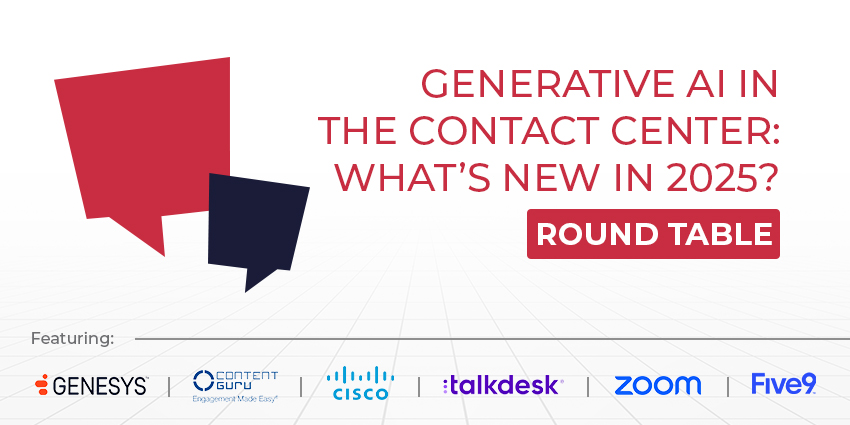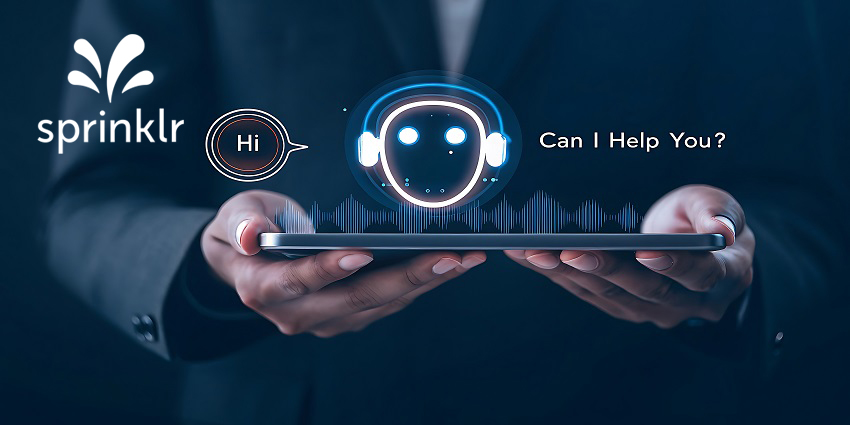Artificial intelligence (AI) is the ability of machines or computers to emulate human thinking or decision-making. After years of speculation into the technology and its possibilities, AI is starting to deliver on its promise. Here are eight stats that prove natural language processing, machine learning and cognitive computing are helping businesses to deliver excellent customer service.
- Investment in AI will increase more than 300% this year – Forrester
Google recently pivoted from a ‘mobile-first’ approach to ‘AI-first’, and it’s a real game-changer. Over the last decade, the biggest tech companies have concentrated their efforts on making smartphones the gateway to our digital lives. However, by switching focus to machine learning, Google is acknowledging that AI is the new future and those companies that fail to invest now risk falling behind the curve.
- Eight out of 10 businesses have already implemented or are planning to adopt AI as a customer service solution by 2020 – Oracle
‘Thinking’ computer systems can now monitor websites and in-app activity for customer issues more efficiently than humans, while becoming cheaper and more widespread. As a result, an increasing number of forward-looking businesses are leveraging AI-boosted support systems to deliver improved service and efficiency gains right across the board.
- AI bots will power 85% of customer service interactions by 2020 – Gartner
Smartphones have created a generation of people that prefer to connect to businesses without talking. From ordering coffee to banking, this means the biggest brands around are using bots to engage with their customers and drive engagement. With most customer-facing businesses at least thinking about deploying bots, those unwilling to do the same risk losing customers to more dynamic competitors.
- By 2035, AI technologies are projected to increase business productivity by up to 40% – Accenture
AI-powered software will soon be able to automate the majority of repetitive tasks currently done by humans. Rather than replacing humans, advances in AI will provide service agents with more time for tasks that require the type of creativity and innovation machines minds are not able to replicate. That’s why businesses that successfully develop the right balance between artificial and human intelligence will enjoy the greatest increases in productivity.
- 67% of people expect to see/use messaging apps when talking to a business – Chatbots Magazine
Traditionally, buying something online involves logins, multiple emails and visiting the vendors website or app to track the latest package status. Now, chatbots enable customers to check their order, file a complaint, create an incident, and give feedback without needing to log-in to an e-commerce site. Messaging apps have become popular because they are quick, convenient and they allow consumers to interact with businesses in a fresh and exciting way.
- 40% of adults now use voice search at least once per day – Location World
The popularity of Siri, Alexa and Cortana have made people comfortable with talking to a machine. By replacing typing, voice is slowly changing the way people search online. For instance, very few people type the way they speak, especially when it comes to search queries. Therefore, when optimising websites for customer-based queries, businesses need to account for the more conversational way people talk in comparison to typing.
- By 2020, insights-driven businesses will steal $1.2 trillion per annum from their less-informed peers – Forrester
There’s little doubt that we are living in the age of the customer. Connected consumers have more control over what messages they see, demand more personalised experiences from the companies they buy from and expect problems to be dealt with instantly. In this context, developing a data-driven customer experience (CX) is becoming critical to success for many businesses operating in competitive markets.
- US businesses are losing $62 billion per year through poor customer service – NewVoiceMedia
Digital assistants, chatbots and automated customer service technology are not constrained by time zones, public holidays or the clock. Consequently, customers can have many of their problems resolved without having to wait hours or even days for a response. This can have a positive response on your customer satisfaction rate and the number of unhappy customers switching to a more accommodating competitor.
Guest Blog by Ashley Unitt, Chief Scientist, NewVoiceMedia
The eight statistics highlighted above are sure to have a huge impact on the future of service. To learn more about how AI-powered customer engagement can lead your business to success, visit www.newvoicemedia.com







